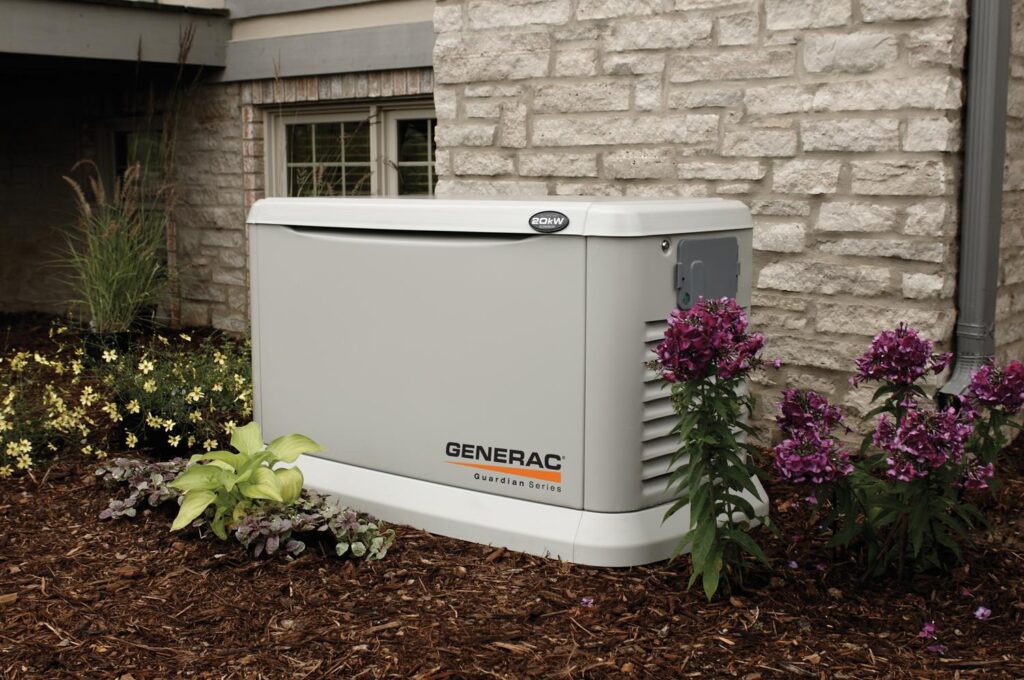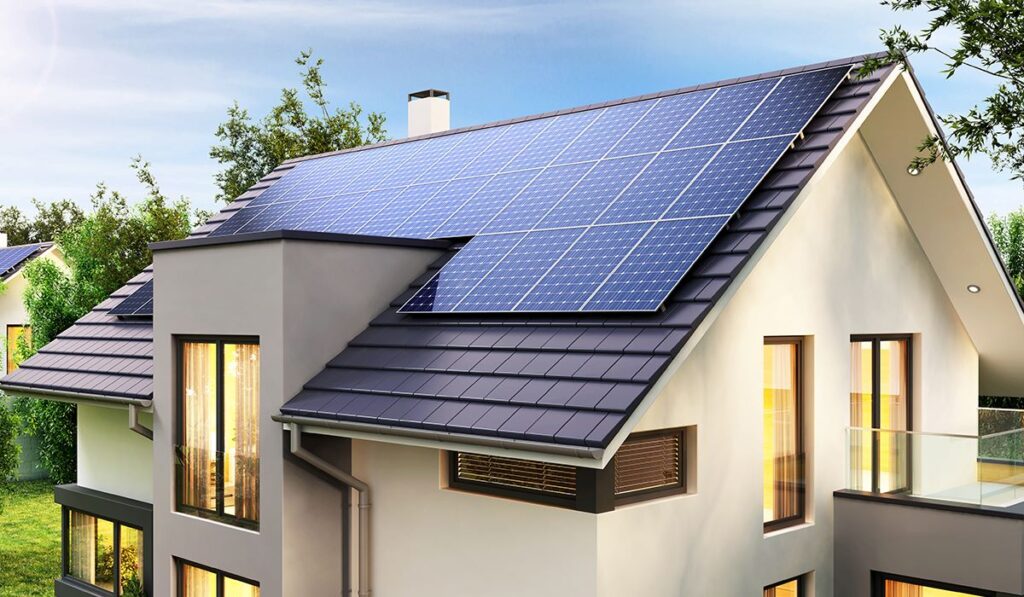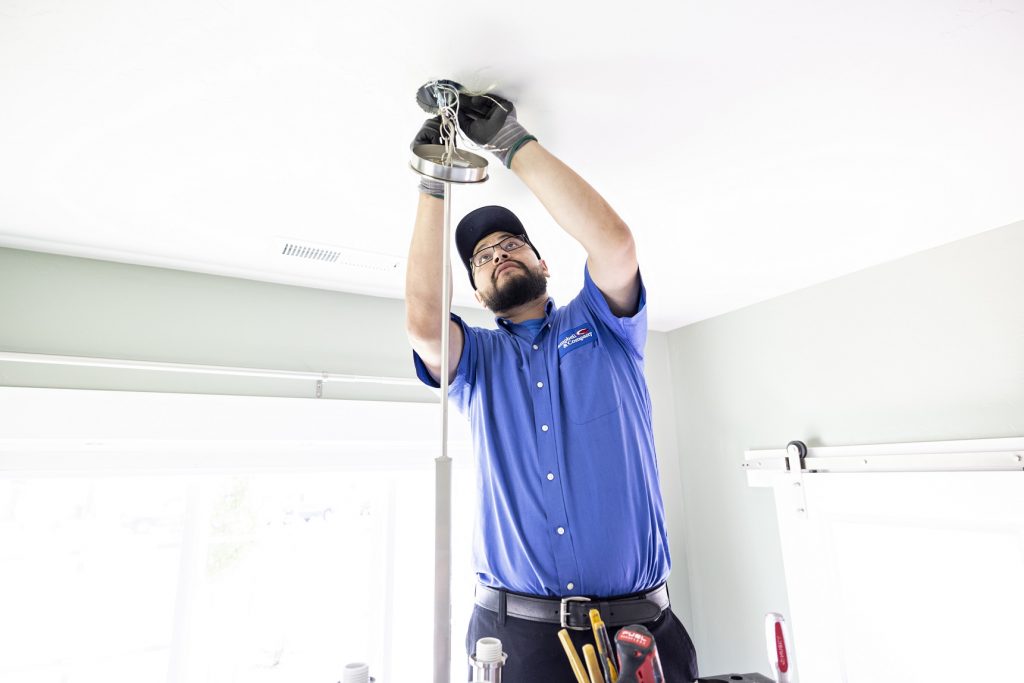
There are plenty of cloudy days in Washington, but even with the bad weather, the sun can still provide an incredible amount of power. Depending on the location, Washington receives between 70% to 80% of the solar energy that California does, which is the leading state of solar energy production. This means that a solar panel system that's designed effectively can be an efficient way to dramatically reduce your energy costs in Yakima and the Tri-Cities area.
Wondering if solar panels are a good investment for your Washington home? Call Campbell & Company today at (509) 412-3146 for a free, no-obligation solar estimate.
What Are the Benefits of Using Solar Panels in Washington?
By replacing much of the power you use every day with energy from a green, renewable resource, you can significantly reduce your energy bills while also helping the environment. Plus, solar can help to make your home more energy-independent, especially if battery storage is added, making your home prepared for power outages.
The benefits don’t end there. Solar has never been more affordable, thanks to the federal government offering a tax incentive worth up to 30% of the total cost of your solar system, including labor, which can reduce your installation costs substantially.
Additionally, the state of Washington offers several incentives for homeowners to install solar systems. All solar equipment is exempt from sales tax for solar systems up to 100 kilowatts in size, and the state supports net metering so that you can earn credits for any extra energy that you produce. Plus, many local utility companies offer rebates and incentives for installing solar, and local governments often offer property tax incentives.
Ensure you get the best price for your solar system by working with Campbell & Company! We’ll do the work on getting you the best available rebates, so call us at (509) 412-3146 to get started.
How Can Solar Panel Efficiency Be Maximized in Washington?
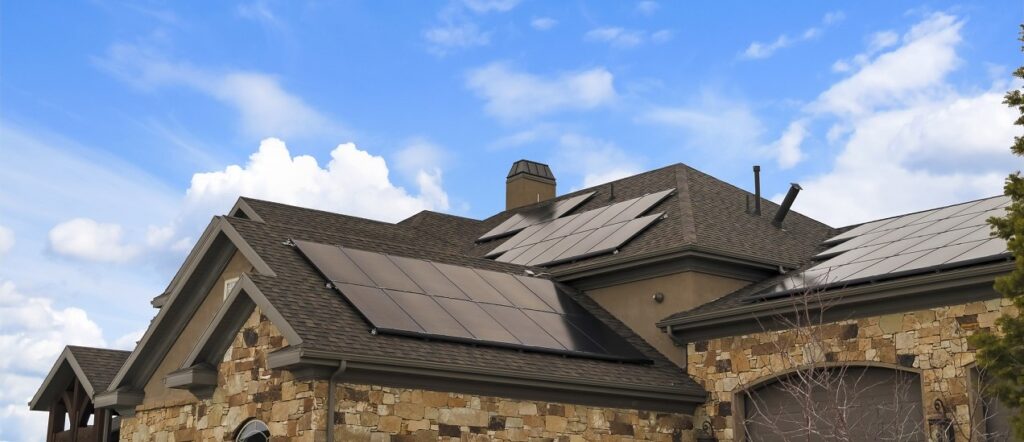
If your solar system produces more power than you can use, Washington's net metering policy allows you to sell that power to your utility company. This means you earn credits on your bill so that at night and on cloudy days, you can use grid power without running up costs.
If you add battery storage to your solar system, any grid power that you use can be used more efficiently. You can shift power usage to low-demand times when rates are reduced, lowering your utility costs. Plus, with solar batteries, if the power goes out on the utility grid, you can use power from the batteries to keep your lights on and your home comfortable until the utility can restore power.
Solar Power in Winter
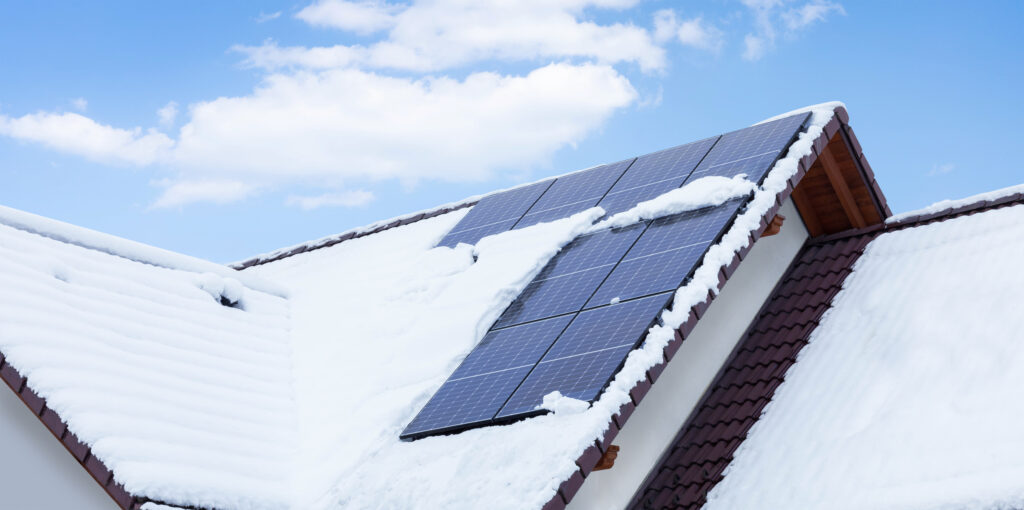
Although solar performs best when it's clear and sunny, that does not mean it stops producing power during bad weather. During the Pacific Northwest’s winters, solar panels still offer a good amount of output. By slightly over-sizing the solar system, a skilled installer can make sure that you have all the power you need during the winter, with minimal reliance on the grid even on cloudy, overcast days.
Solar Panel Installations in Yakima & the Tri-Cities
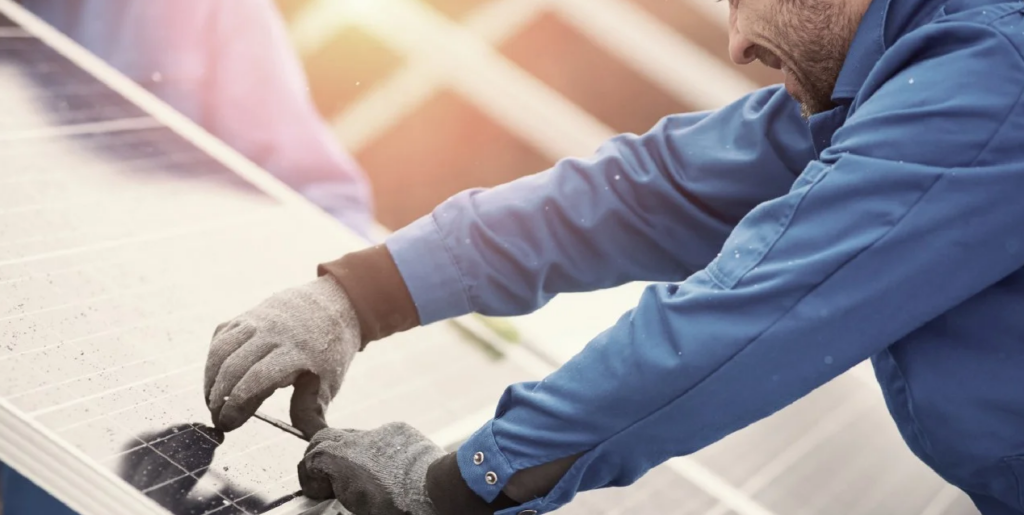
Are you considering a solar for your Washington home? Talk to our team at Campbell & Company. We can design and install a solar system that meets your energy needs and budget requirements, plus we can help you find all the incentives you qualify for to keep your installation costs as low as possible. Our award-winning company has been serving homeowners in Yakima, the Tri-Cities, and the surrounding areas since 1983, and we provide exceptional service backed by excellent reviews and a satisfaction guarantee.
Call us today at (509) 412-3146 to request an estimate for a home solar installation in Yakima or the Tri-Cities area.
Solar Panel FAQs
Most solar panels in Washington will last 20 to 25 years before their output degrades significantly. They feature aluminum frames that resist corrosion, and well-sealed solar modules that keep out moisture.
Although solar panels feature relatively low voltages, they will be connected to the higher voltages of the AC electrical system that powers your home. This means that a professional installation is required to meet national, state, and local codes, and to ensure the safety of your home and your family

